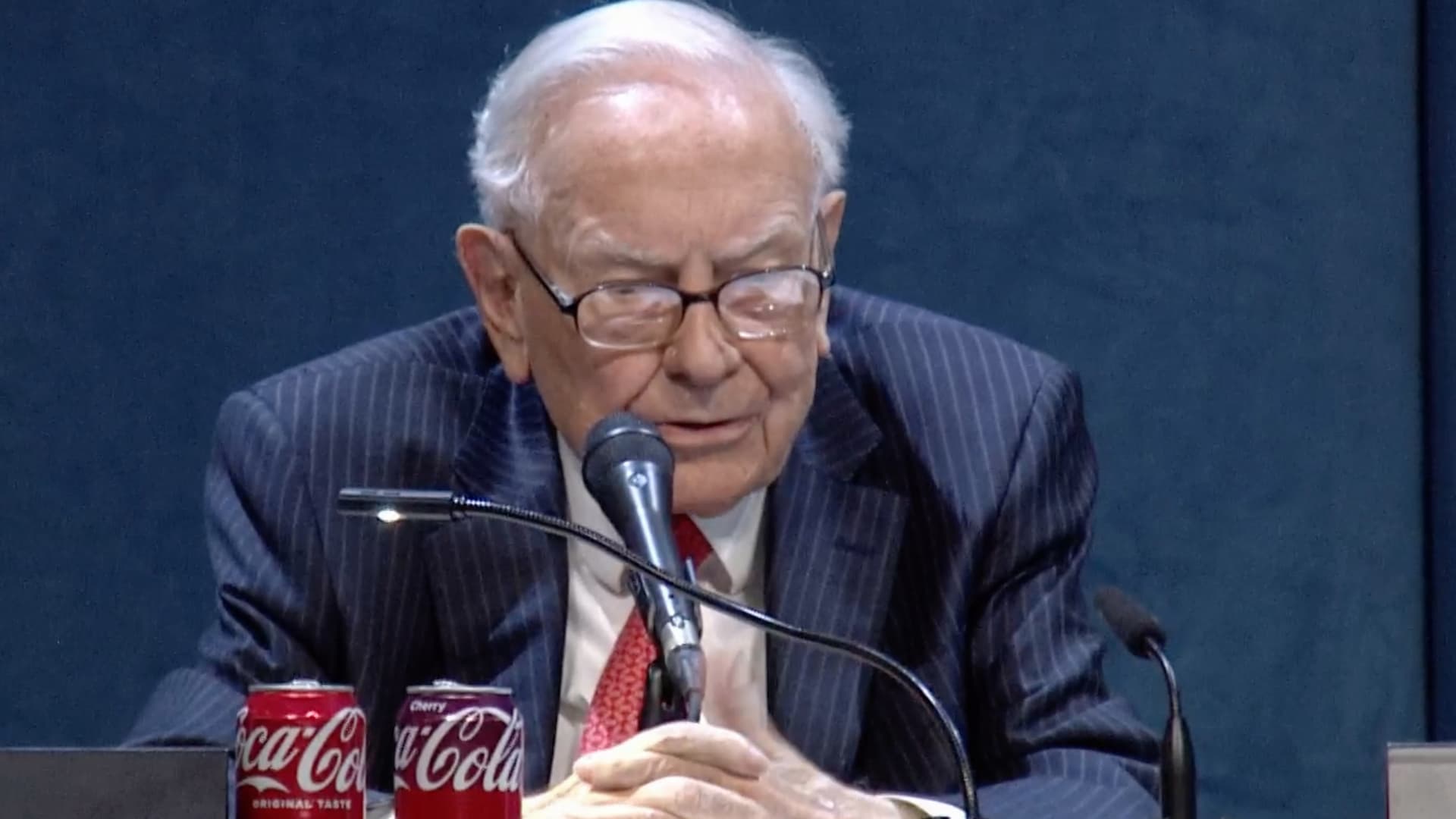The Evolving Valuation of Berkshire Hathaway: Beyond the ‘Buffett Premium’
The Changing Tide
The recent performance of Berkshire Hathaway (BRK.A/BRK.B) stock has been a rollercoaster, marked by significant drops and analyst downgrades. This isn’t just a market hiccup; it’s a clear signal of a fundamental shift in investor perception. For decades, Berkshire’s stock traded at a valuation exceeding its intrinsic worth, buoyed by the unwavering confidence investors placed in Warren Buffett’s legendary investment acumen. However, with Buffett’s planned succession and increased selling activity, that premium is eroding, prompting a reassessment of Berkshire’s future.
The Fading Allure of the ‘Buffett Premium’
The “Buffett premium” was the extra price investors were willing to pay, acknowledging Buffett’s exceptional track record. Berkshire’s stock often traded at a significant premium over book value, reflecting this faith. However, with Buffett’s impending departure and Greg Abel’s anticipated succession, uncertainty has crept in. Abel’s capabilities are not in doubt, but the market is recalibrating, moving towards a valuation based on fundamentals rather than Buffett’s aura. Analysts expect short-term volatility as the market adjusts to this new reality, with some already lowering their price targets, explicitly citing the end of the “Buffett premium.”
Buffett’s Recent Moves and Market Reaction
Buffett’s recent investment activity has added to the downward pressure. Berkshire has been a net seller of U.S. stocks, increasing its cash reserves to a record $334.2 billion. This behavior, while not unprecedented, is being interpreted as a lack of compelling investment opportunities and a cautious outlook on the market. The selling of shares in companies like ULTA further fuels this narrative. Interestingly, even during a recent market slump, Berkshire refrained from major purchases, instead opting to trim holdings in financial stocks, solidifying the perception of a conservative strategy.
Historical Valuation Dynamics
Berkshire’s valuation has always been a topic of debate. Buffett himself acknowledged that the stock’s price sometimes exceeded intrinsic value, particularly during strong market periods. The current situation, while not entirely novel, is different. This time, the catalyst is a leadership change, not a market-wide correction. The early days of Berkshire, when Buffett began acquiring shares at $7.50, contrast sharply with the recent peak of $809,350 for Class A shares. The current correction, bringing the price closer to $728,415, can be seen as a return to a more fundamental valuation.
The Succession Plan and Its Impact
The announcement of Greg Abel as the future CEO has undeniably shaken investor confidence. The market is focused on how Abel will navigate Berkshire’s complexities without Buffett’s reputation. The concern isn’t about Abel’s competence, but about potential strategic shifts and a departure from Berkshire’s value-oriented approach. Buffett’s continued role as chairman offers some continuity, but the CEO role is pivotal. Investors are scrutinizing Abel’s past decisions, seeking reassurance that he will maintain Berkshire’s disciplined approach.
Opportunities and Risks Ahead
Despite the recent decline, Berkshire remains a formidable company with a strong balance sheet and a diversified portfolio. Its substantial cash reserves provide flexibility to capitalize on market opportunities, and its defensive assets position it well to weather economic downturns. However, the absence of the “Buffett premium” presents challenges and opportunities. Berkshire will need to demonstrate its ability to generate attractive returns under new leadership to regain investor confidence. This will require Abel to articulate a clear vision and deliver consistent results.
For investors, the current situation presents a potential buying opportunity but also requires a careful reassessment of Berkshire’s prospects. The days of relying on the “Buffett premium” are over. Future returns will depend on Berkshire’s ability to adapt to a changing market landscape and execute its strategy effectively under new leadership.
A New Era, A New Valuation
The decline in Berkshire Hathaway’s stock price isn’t a sign of weakness but a necessary recalibration. The era of the “Buffett premium” is drawing to a close, forcing investors to evaluate the company based on its underlying fundamentals. While the transition period will likely be marked by volatility, Berkshire’s inherent strengths and Abel’s potential to lead the company successfully suggest that it remains a compelling long-term investment. The future of Berkshire Hathaway will be defined not by who it was under Warren Buffett, but by who it becomes under Greg Abel. This new chapter promises a valuation based on merit, not legacy, setting the stage for a new era of growth and adaptation.











